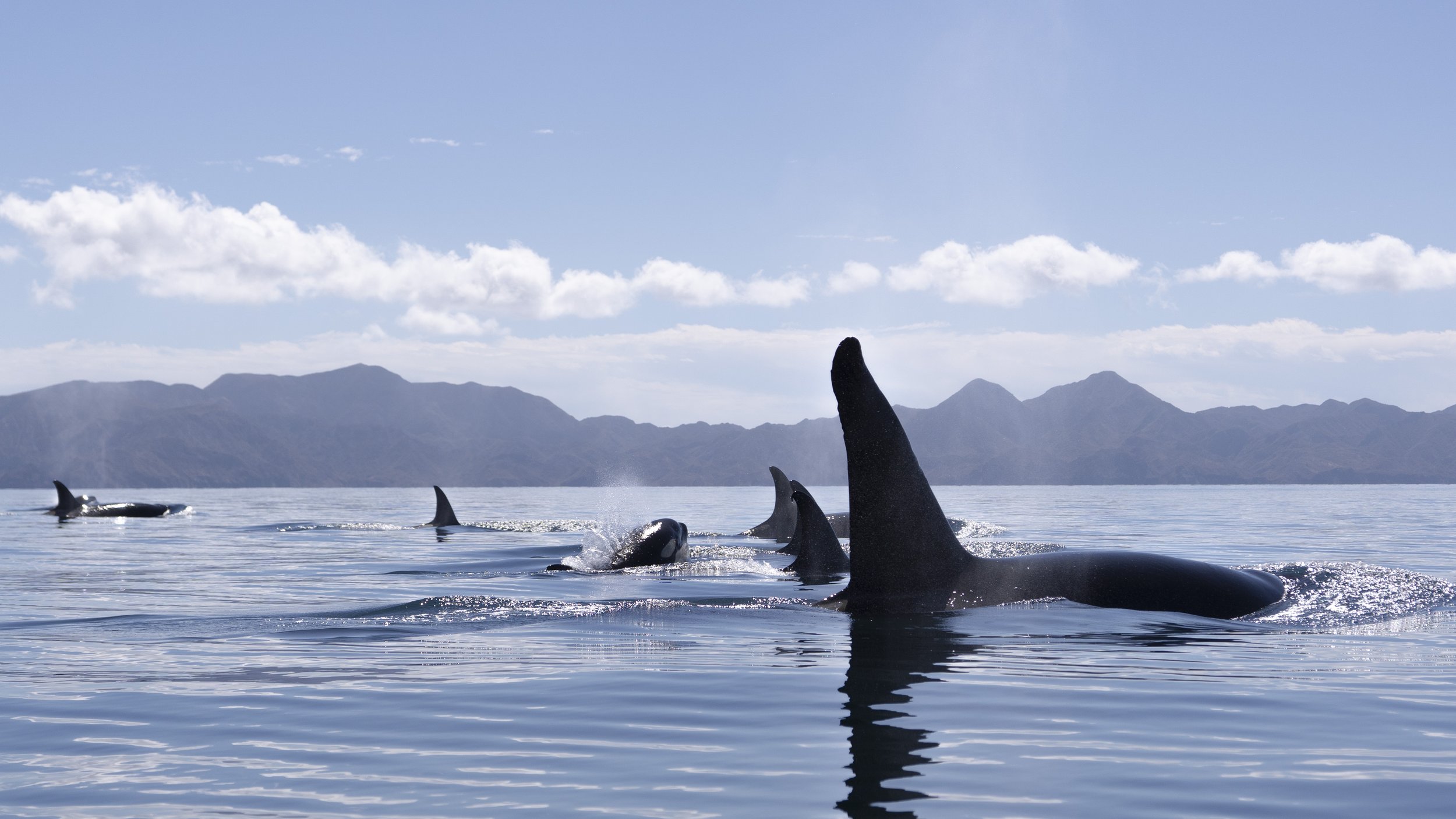
REGENERATIVE TOURISM
Regenerative tourism represents a commitment to transforming the tourism industry into a force for good, ensuring that it gives back more to the communities, ecosystems, and species of the Baja California Peninsula than it extracts.
This approach transcends mere economic benefits; it actively enriches local communities while playing a vital role in safeguarding and restoring the environment.
Establishing a regenerative tourism model in the peninsula of Baja California is essential for the long-term sustainability and resilience of the tourism sector. Given tourism's significant impact on our economy, fostering a regenerative tourism industry aligns with broader initiatives aimed at reducing our ecological footprint and advancing sustainability.
By prioritizing regenerative practices, we can create an inclusive framework that nurtures both people and nature, ensuring that tourism contributes positively to the region's cultural heritage and natural resources.
Considering tourism's substantial impact on our economy, nurturing a regenerative tourism sector also aligns with broader initiatives to reduce our ecological footprint and advance sustainability.
Data collection to be used in species management While government monitoring is essential, it’s often limited by resources. Through responsible tourism, especially in remote, hard-to-access areas, we can bring more ‘eyes’ to our natural spaces —enhancing biodiversity tracking, threat detection, and conservation efforts through data generation and community participation.
Camera trap monitoring for 1 biodiversity studies It is a robust tool for studying biodiversity baselines such as species presence-absence, abundance, population density, threats, and human- wildlife conflicts.
Monitoring of wildlife including deceased animals Monitoring and reporting systems for authorities regarding dead wildlife from poisoning, vehicle collisions, hunting, and disease.
Photo identification Photo identification of marine mammals for collaboration with researchers on current studies, informs new management strategies, and creates comprehensive identification catalogs
Data collection for future 4 management plans Cetacean distribution data collection in Loreto National Park and surrounding areas is essential for informing future management plans and understanding biodiversity distribution and connectivity.
OUR WORK
Our regenerative tourism adventures empower visitors to the Baja California Peninsula to become positive agents of change within the local communities. They leave as storytellers, equipped to share our unique culture and heritage with the world, creating a lasting, positive impact wherever they go.
By engaging deeply with local traditions and ecosystems, travelers not only enrich their own experiences but also contribute meaningfully to the preservation of our environment and the well-being of our communities.
We work at:
Revamping the core of the tourism system
Enhancing destination branding and elevating visitor experiences
Empowering communities and stakeholders to effectively handle tourism
Collaborating in strategic alliances
Transitioning stakeholders from extractive practices to sustainable livelihoods and employment opportunities
We utilize our efforts during expeditions to collect crucial data that we share with scientists and researchers. This collaboration aids in developing effective strategies for conservation, ensuring that our activities contribute positively to environmental sustainability.








